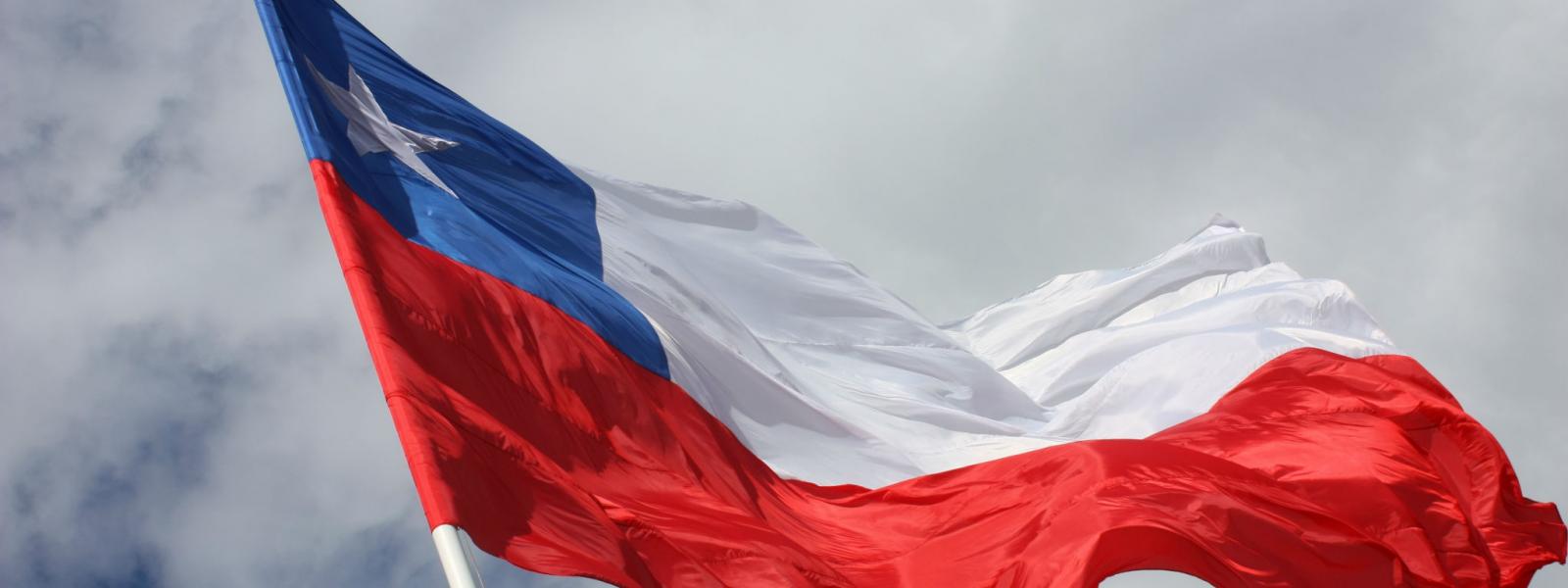
Today the Chilean government, after two weeks of mass demonstrations, cancelled the twenty-fifth Conference of the Parties (COP25) to the United Nations Framework Convention on Climate Change, scheduled for December in Santiago. We lament the decision and express our support to the Chilean people, facing a difficult situation that makes the nation unable to guarantee the safety that an event of such magnitude requires.
We call on the Chilean State to ensure that the process of change the country is going through is developed with respect for the human rights of all those involved. Abuse from public forces is unacceptable, especially in a process that seeks to repair the social wounds that tarnish our societies. The Chilean government must comply with its human rights obligations.
We also urge the State and private sector to take firm steps towards transforming Chile into a country with greater social, environmental and climate justice; and to set an example for Latin America, a region where inequality and injustice have intensified over the years.
Underlying the social crisis in Chile is a very serious environmental crisis that has long corroded equity and is part of the spark that ignited social discontent. Two examples of this inadmissible reality include sacrifice zones, where coal-fired power plants have condemned families to suffering a large part of the country's atmospheric pollution, making them sick and truncating their development; and the privatization of water, meaning Chile fails to recognize access to drinking water and sanitation as a human right, and does not prioritize their use for human consumption and the maintenance of ecosystems.
Similar problems occur in other countries of the region.
We hope that Chile will continue in its role as President of the COP, pushing with more force than ever toward ambitious climate commitments that will help us keep global warming under control while complying with the Paris Agreement.
The events of the past month clearly demonstrate that, in the face of crises, changes must come from the people, always protecting and favoring the most vulnerable members of society. Indigenous peoples and rural communities, who have suffered hardest from social and environmental injustice, can often best contribute to the solutions our planet needs.
All efforts to combat the climate crisis must ensure a just, participatory energy transition that respects human rights.
Chile today has the opportunity to make history by including environmental protection and climate justice as pillars in the construction of a cleaner, fairer and more equitable future.
We warmly call on the international community to join in this show of support for the people of Chile.
Victor Quintanilla (México), [email protected], +5215570522107
